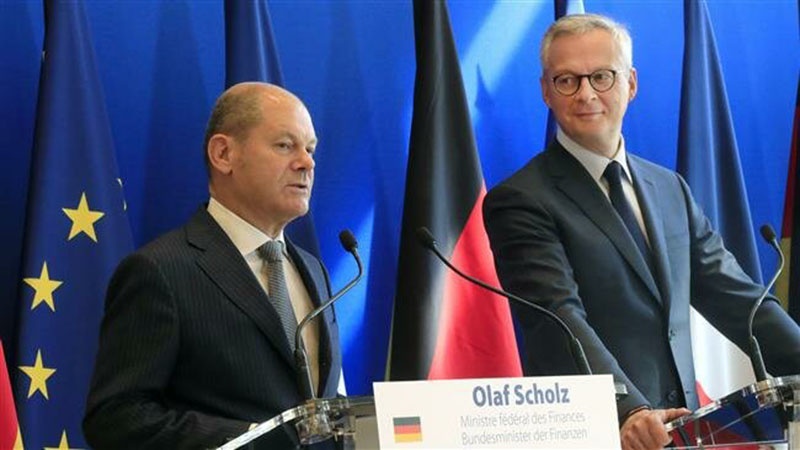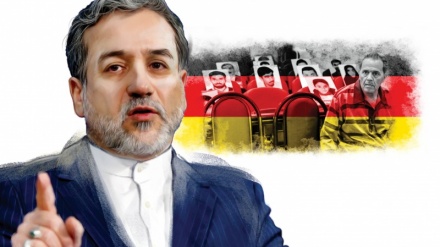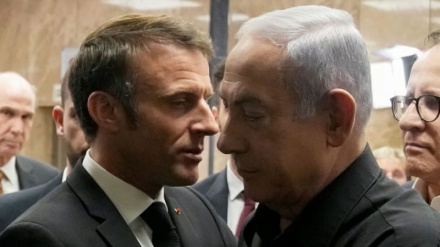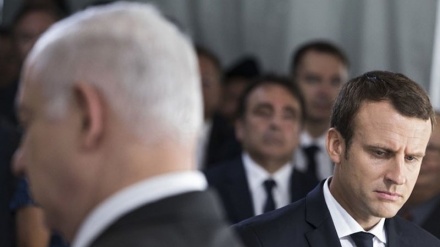Germany, France removing obstacles to export jointly-manufactured weapons
France and Germany say they are expected to sign an agreement on removing obstacles on exporting jointly-manufactured weapons to non-European and non-NATO countries.
Germany imposed a ban in 2018 on arms sales to such countries unless a waiver is granted. This has stirred concerns among French firms, prompting them to call on the authorities to allow the export of equipment with German parts without requiring Berlin’s green light.
As part of the ban, Germany blocked arms sales to Saudi Arabia in 2017 over the kingdom's war on Yemen.
French Finance and Economy Minister Bruno Le Maire told in a joint press conference with his German counterpart that the two sides were close to reaching an agreement on how to remove the obstacles.
“On the issue of weapons’ exports, we have a narrow dialogue with our German friends,” said Le Maire. “We have found an agreement on this subject.”
A French finance ministry official also said that a deal was in the works and was expected to be signed in coming weeks.
German Finance Minister Olaf Scholz also said talks were continuing.
“We have had very constructive discussions and I am confident they will lead to a good result,” he said. “But an announcement will be made only when it is ready and agreed to by all.”
On Monday, French economic newspaper La Tribune reported that Paris had already reached an agreement with Berlin.
Citing sources, the daily said under the deal, Germany would not block French exports to Saudi Arabia and other countries provided that the equipment in question were made with less than 20 percent German components.
The French Armed Forces Ministry, however, said the talks had not been concluded over the deal.
According to French sources, the ban on the sale of jointly-developed weapons could hinder plans for a new warplane and a new tank that Paris and Berlin plan to make together.
SS



